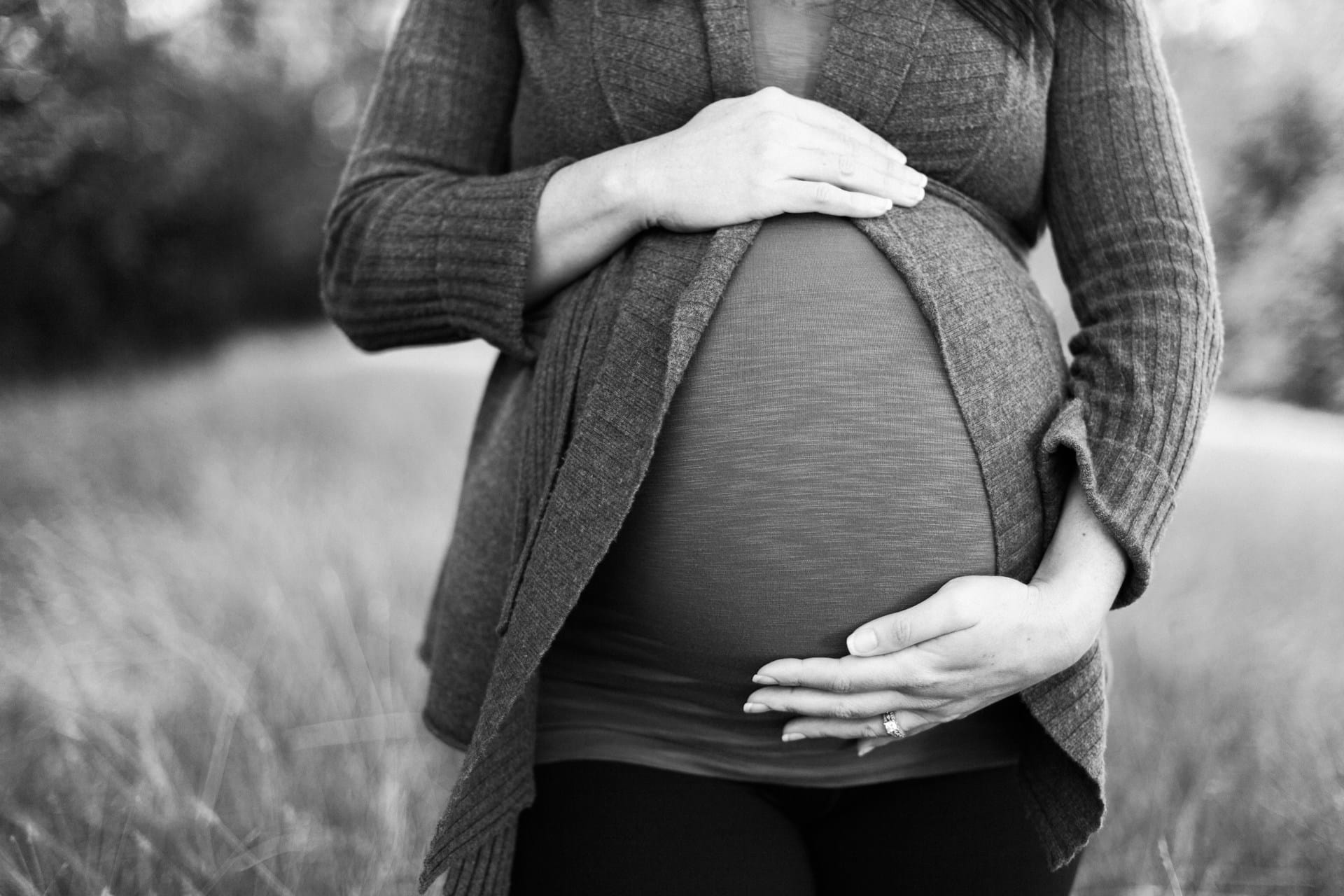Research: Male fertility is harmed by air pollution, noise exposure poses risks to women
Over an 18-year period, the average levels of PM2.5 pollution were recorded at the participants' addresses, and infertility diagnoses were obtained from the national patient register.

A recent peer-reviewed study published in the BMJ has found that air pollution is linked to higher infertility risk in men, while noise pollution is connected to increased infertility risk in women.
The study investigated whether long-term exposure to fine particulate matter (PM2.5) and road traffic noise affects fertility in both sexes.
The researchers analyzed data from 526,056 men and 377,850 women aged 30 to 45, all of whom had fewer than two children, were cohabiting or married, and lived in Denmark between 2000 and 2017.
This group was chosen to include many individuals actively trying to conceive. Men and women who had undergone sterilization were excluded from the study.
Over an 18-year period, the average levels of PM2.5 pollution were recorded at the participants' addresses, and infertility diagnoses were obtained from the national patient register.
The findings showed that men exposed to PM2.5 levels 2.9 micrograms per cubic meter higher than average over five years had a 24% increased risk of infertility.
However, no link between PM2.5 and infertility was found in women.
In contrast, road traffic noise was associated with a 14% higher infertility risk for women over 35 when exposed to noise levels 10.2 decibels above the average over five years.
For women aged 30 to 35, no connection between noise and infertility was found. Among men aged 37 to 45, road traffic noise was associated with a slight increase in infertility risk, but not for younger men aged 30 to 37.
The researchers noted previous inconsistent findings regarding air pollution and sperm quality but concluded that their large cohort study provides strong evidence linking PM2.5 exposure to male infertility and traffic noise to female infertility in older women.
They stressed the importance of understanding environmental pollutants' effects on fertility, especially in light of declining birthrates in many Western countries.
If confirmed by future research, the study suggests that addressing air and noise pollution could be key to improving fertility rates.





